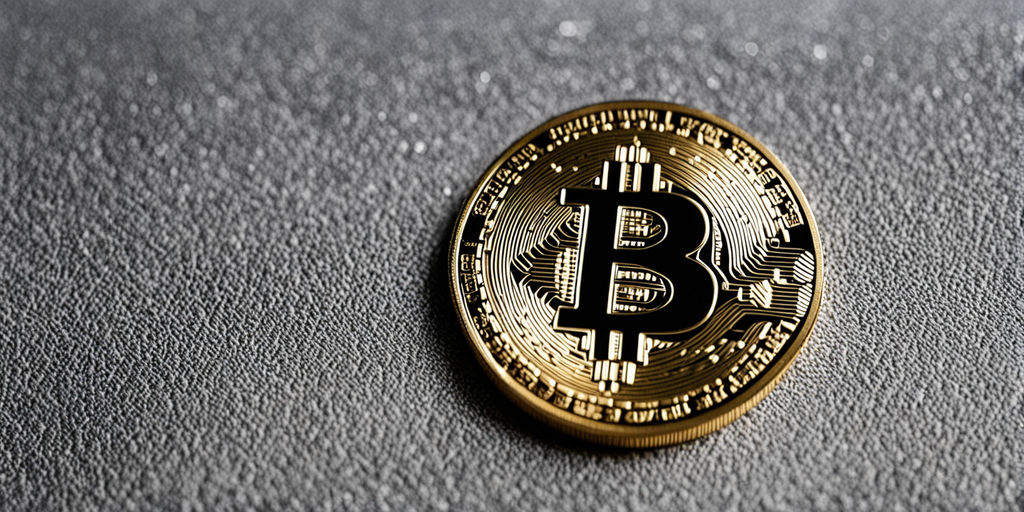
Are you curious about whether Bitcoin is legal in Singapore? As a bustling economic hub in Southeast Asia, Singapore has been at the forefront of embracing technological innovation and digital transformation. Bitcoin, a decentralized digital currency that operates on a peer-to-peer network, has gained popularity worldwide in recent years. But what is the legal status of Bitcoin in Singapore, and what are the tax implications for its use?
In this article, we will provide an overview of Bitcoin in Singapore, including its legal status, trading and exchanges, financial regulations, tax implications, risks and protections, innovations, and future prospects. We will also offer practical guidance on using Bitcoin in Singapore and explore public perception and acceptance of this cryptocurrency. Whether you are a seasoned investor or a curious beginner, this article will provide valuable insights into the world of Bitcoin in Singapore.
Key Takeaways
- Bitcoin is legal in Singapore, but it is not considered legal tender and is not regulated by the Monetary Authority of Singapore (MAS).
- Bitcoin trading and exchanges are legal in Singapore, but they must comply with anti-money laundering (AML) and counter-terrorism financing (CTF) regulations.
- Bitcoin is subject to income tax and goods and services tax (GST) in Singapore, and users should be aware of the tax implications of buying, selling, or using Bitcoin.
Overview of Bitcoin in Singapore

What Is Bitcoin?
Bitcoin is a digital currency that operates independently of central banks and is based on decentralized blockchain technology. It was created in 2009 by an anonymous individual or group under the pseudonym Satoshi Nakamoto. Bitcoin transactions are recorded on a public ledger known as the blockchain. The blockchain is maintained by a network of computers around the world, making it virtually impossible to hack or manipulate.
Adoption of Bitcoin in Singapore
In recent years, Singapore has emerged as a hub for cryptocurrency and blockchain technology. The Monetary Authority of Singapore (MAS) has taken a proactive approach to regulating cryptocurrencies, recognizing their potential to transform the financial industry.
As a result, Bitcoin and other digital currencies are legal in Singapore, and cryptocurrency exchanges and trading are also legal. However, Bitcoin is not considered legal tender in Singapore. This means that businesses are not required to accept Bitcoin as payment, and individuals who hold Bitcoin do not have the same legal protections as those who hold fiat currency.
Despite this, the adoption of Bitcoin in Singapore has been steadily increasing. In 2021, Bitcoin had the largest market cap of any cryptocurrency, and its popularity is only expected to grow. Many businesses in Singapore, particularly in the technology sector, have begun accepting Bitcoin as payment for goods and services.
Overall, the future of Bitcoin and other digital currencies in Singapore looks bright. As the country continues to embrace blockchain technology and digital currencies, more businesses and individuals are expected to adopt Bitcoin as a means of payment and investment.
Legal Status of Bitcoin in Singapore

If you’re excited about the world of cryptocurrency and wondering about the legal status of Bitcoin in Singapore, you’ve come to the right place. In this section, we’ll explore the regulatory framework surrounding Bitcoin and its legal tender status in Singapore.
Regulatory Authority and Guidelines
The Monetary Authority of Singapore (MAS) is the regulatory authority responsible for overseeing the use of cryptocurrencies in Singapore. In January 2022, MAS issued guidelines to discourage cryptocurrency trading by the general public in Singapore. The guidelines give effect to MAS’ expectations that Digital Payment Token (DPT) service providers should not promote their DPT services to the general public in Singapore.
Bitcoin as Legal Tender
Currently, only one country in the world, El Salvador, accepts BTC as legal tender. In Singapore, Bitcoin is not legal tender. However, if users of the Bitcoin system decide to accept the coin as a form of payment, then it has value.
Payment Services Act 2019
The Payment Services Act 2019 (PSA) regulates cryptocurrency in Singapore. Under the PSA, cryptocurrency exchanges and other service providers are required to obtain a license from MAS to operate in Singapore. The PSA also provides a regulatory framework for digital payment tokens, including Bitcoin, and aims to mitigate the risks associated with their use.
In conclusion, Bitcoin is not yet legal tender in Singapore, but its use is regulated under the PSA. The MAS guidelines discourage cryptocurrency trading by the general public, but licensed service providers are allowed to operate in Singapore. With the regulatory framework in place, the use of Bitcoin and other cryptocurrencies is expected to continue to grow in Singapore.
Bitcoin Trading and Exchanges
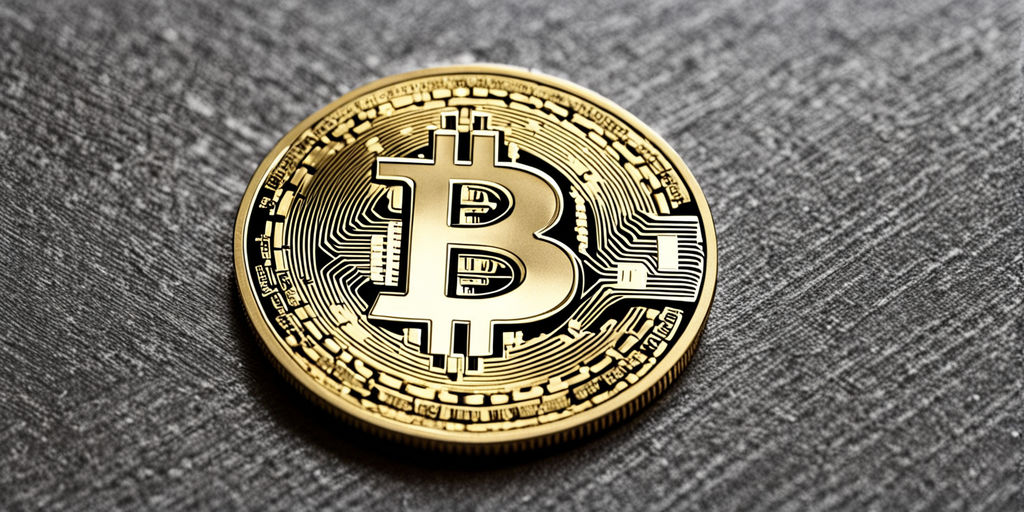
If you’re interested in buying, selling, or trading Bitcoin in Singapore, you have several options available to you. In this section, we’ll cover the basics of Bitcoin trading and the licensed exchange platforms that you can use to buy and sell Bitcoin.
Buying and Selling Bitcoin
One way to buy Bitcoin in Singapore is to use an online exchange platform. These platforms allow you to buy Bitcoin using Singapore dollars, and you can usually fund your account using a bank transfer or credit card. Some popular online exchanges that you can use to buy and sell Bitcoin include Crypto.com, Luno, and Coinbase.
Another way to buy Bitcoin is to use a Bitcoin ATM. These machines allow you to buy Bitcoin using cash, and they’re located in various locations throughout Singapore. Some popular Bitcoin ATM providers in Singapore include Coin Republic and Coinhako.
When it comes to selling Bitcoin, you can use the same online exchange platforms that you used to buy Bitcoin. You can also sell Bitcoin using a Bitcoin ATM, but keep in mind that the fees for selling Bitcoin at an ATM are usually higher than the fees for buying Bitcoin.
Licensed Exchange Platforms
Licensed exchange platforms are regulated by the Monetary Authority of Singapore (MAS) and are considered to be safer than unregulated exchanges. Licensed exchange platforms are required to follow strict regulations, which means that your funds are more secure when you use them.
Some popular licensed exchange platforms that you can use to buy and sell Bitcoin include Coinhako, Binance, and Gemini. These platforms offer a range of features, including trading tools, market analysis, and customer support.
In conclusion, if you’re interested in buying, selling, or trading Bitcoin in Singapore, you have several options available to you. Whether you choose to use an online exchange platform or a licensed exchange platform, make sure that you do your research and choose a platform that meets your needs and is regulated by the MAS.
Bitcoin and Financial Regulations
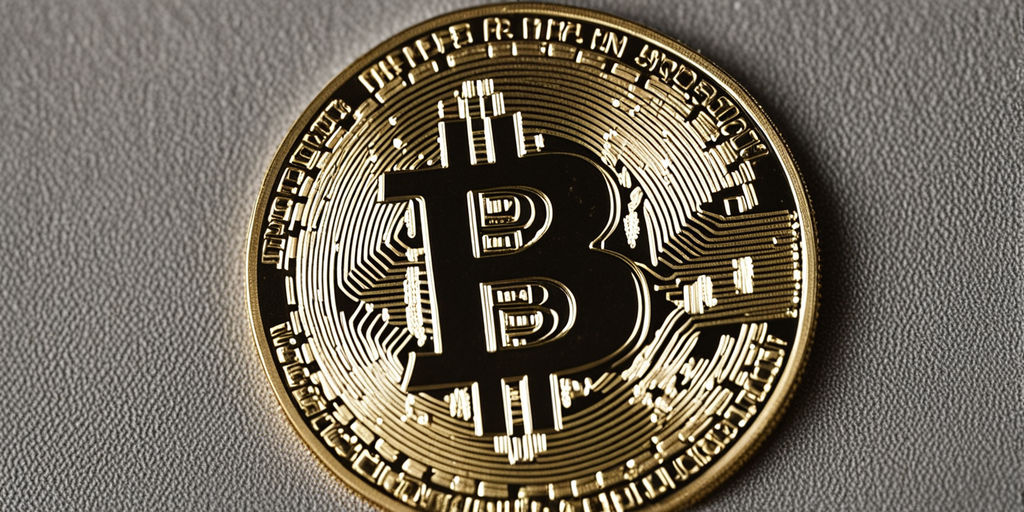
If you’re a Bitcoin enthusiast in Singapore, you may be wondering whether Bitcoin is legal in the country. The short answer is yes, Bitcoin is legal in Singapore. However, there are certain financial regulations in place that you need to be aware of.
Securities and Futures Act
The Monetary Authority of Singapore (MAS) has issued guidelines on digital tokens and cryptocurrencies, which are covered under the Securities and Futures Act (SFA). The SFA regulates the issuance and trading of securities, including digital tokens, in Singapore. If you’re planning to issue or trade digital tokens, you need to comply with the SFA regulations.
Anti-Money Laundering Measures
In addition to the SFA, Singapore has implemented strict anti-money laundering (AML) and countering the financing of terrorism (CFT) measures. These measures are in line with the recommendations of the Financial Action Task Force (FATF), an international body that sets standards for AML/CFT.
Financial institutions and cryptocurrency exchanges in Singapore are required to conduct customer due diligence and monitor transactions for suspicious activities. If you’re using a cryptocurrency exchange in Singapore, you’ll need to provide identification documents and go through a verification process before you can start trading.
It’s important to note that while Bitcoin is legal in Singapore, it’s not recognised as legal tender. This means that businesses are not required to accept Bitcoin as payment, and you may have trouble finding merchants who accept it. However, there are still plenty of ways to use Bitcoin in Singapore, such as buying it on a cryptocurrency exchange or using it to make international payments.
Overall, Singapore has taken a proactive approach towards regulating the cryptocurrency industry while still allowing for innovation and growth. As a result, Singapore has become a hub for cryptocurrency and blockchain startups, making it an exciting place to be for Bitcoin enthusiasts.
Tax Implications for Bitcoin
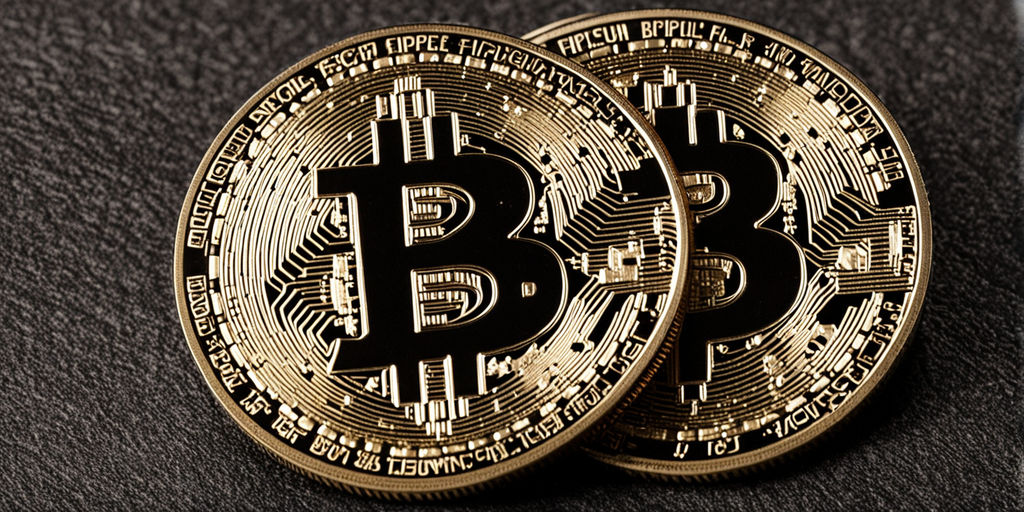
If you are a Bitcoin investor in Singapore, you must be aware of the tax implications of your transactions. In this section, we will discuss the tax implications of Bitcoin transactions in Singapore.
Taxation of Bitcoin Transactions
According to the Inland Revenue Authority of Singapore (IRAS), Bitcoin transactions are subject to income tax. If you are a Bitcoin trader, you are required to report your profits and losses on your tax returns. The tax rate for Bitcoin transactions is the same as the tax rate for other income sources.
It is important to note that the IRAS considers Bitcoin as a form of property, not currency. Therefore, if you are using Bitcoin to purchase goods or services, you will need to calculate the value of Bitcoin in Singapore dollars at the time of the transaction and report it on your tax returns.
Goods and Services Tax Considerations
In Singapore, the Goods and Services Tax (GST) is applicable to Bitcoin transactions. The GST rate is currently set at 7%. However, the GST only applies to Bitcoin transactions that involve the supply of goods and services.
If you are a Bitcoin trader, you will only be subject to GST if you are providing goods or services in exchange for Bitcoin. On the other hand, if you are simply buying or selling Bitcoin, you will not be subject to GST.
It is important to note that the IRAS has released two e-tax guides on the taxation of digital tokens, one dealing with income tax implications and the other with GST implications. Therefore, it is recommended that you consult these guides to ensure that you are complying with the tax laws in Singapore.
In conclusion, Bitcoin transactions in Singapore are subject to income tax and GST. If you are a Bitcoin trader, it is important to report your profits and losses accurately on your tax returns and to ensure that you are complying with the tax laws in Singapore.
Risks and Protections
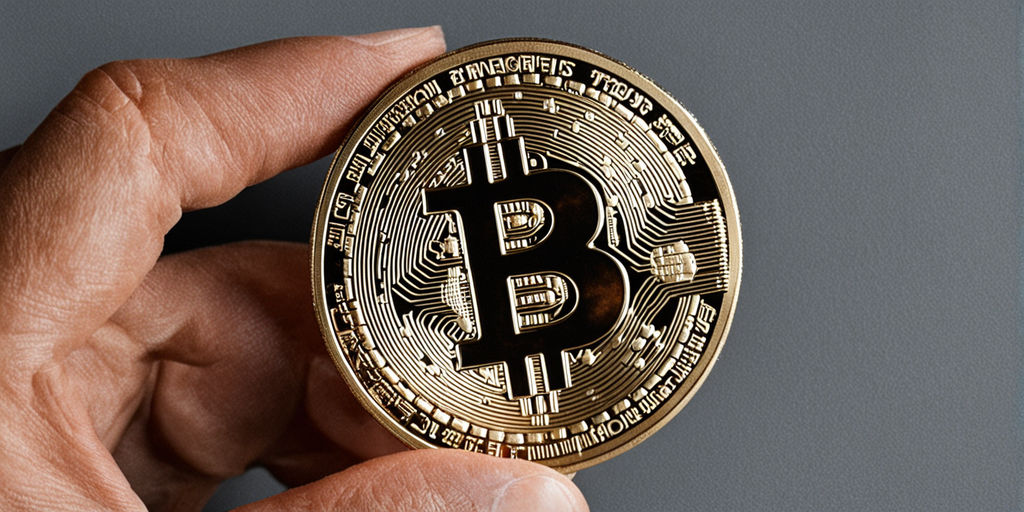
Investment Risks
Investing in Bitcoin can be risky, as the market is highly volatile. The price of Bitcoin can fluctuate rapidly, and you may lose a significant amount of money if you invest at the wrong time. Moreover, Bitcoin is not backed by any government, and its value is based solely on demand and supply. This means that its value can be easily manipulated, making it a prime target for fraud and scams.
As a result, it is important to do your research before investing in Bitcoin. You should understand the risks involved and only invest what you can afford to lose. It is also advisable to diversify your portfolio and not put all your eggs in one basket.
Consumer Protection Measures
To protect consumers from the high risks associated with cryptocurrency trading, the Monetary Authority of Singapore (MAS) has proposed regulatory measures to reduce the risk of consumer harm from cryptocurrency trading and to enhance standards of stablecoin-related activities.
The MAS has also issued guidelines to discourage cryptocurrency trading by the general public. The guidelines give effect to MAS’ expectations that Digital Payment Token (DPT) service providers should not promote their DPT services to the general public in Singapore.
Furthermore, the MAS requires all cryptocurrency exchanges operating in Singapore to register with the authority and comply with anti-money laundering and counter-terrorism financing regulations. This helps to ensure that cryptocurrencies are not used for illegal activities such as terrorism financing.
In summary, while investing in Bitcoin can be exciting, it is important to understand the high risks involved and take necessary precautions to protect your investments. The MAS has put in place measures to protect consumers, but it is ultimately up to you to do your research and invest wisely.
Innovations and Future of Bitcoin in Singapore

Singapore has always been known for its innovative and forward-thinking approach towards technology and finance. The same can be said for the country’s stance on Bitcoin and other cryptocurrencies. Despite not being legal tender and not regulated by the Monetary Authority of Singapore (MAS), Bitcoin has gained a lot of traction in Singapore, and there are several developments and trends that are shaping the future of Bitcoin in the country.
Blockchain Technology Developments
One of the most significant innovations in the field of Bitcoin and cryptocurrencies is the development of blockchain technology. Blockchain is a distributed ledger technology that allows for secure and transparent transactions without the need for intermediaries. Singapore has been at the forefront of blockchain development, and there are several initiatives and projects that are aimed at harnessing the potential of this technology.
The government of Singapore has launched several initiatives to promote the development of blockchain technology. For example, the Infocomm Media Development Authority (IMDA) has launched a Blockchain Challenge that aims to encourage the development of innovative blockchain solutions. The Monetary Authority of Singapore (MAS) has also launched a blockchain project called Project Ubin, which is aimed at exploring the use of blockchain for interbank payments.
Trends in Digital Payment Tokens
Digital Payment Tokens (DPT) are another area of innovation and development in the field of Bitcoin and cryptocurrencies. DPTs are digital tokens that can be used as a medium of exchange, a unit of account, or a store of value. In Singapore, DPTs are not regulated by the MAS, but the authority has issued guidelines for DPT service providers.
The trend towards the use of DPTs is gaining momentum in Singapore, and there are several initiatives and projects that are aimed at harnessing the potential of this technology. For example, the MAS has launched a regulatory sandbox for DPT service providers, which allows them to experiment with new products and services in a controlled environment.
In conclusion, the future of Bitcoin and cryptocurrencies in Singapore looks bright, with several innovations and developments shaping the landscape. The government of Singapore is committed to promoting the development of blockchain technology and DPTs, which will undoubtedly have a significant impact on the financial industry in the country.
Practical Guide to Using Bitcoin
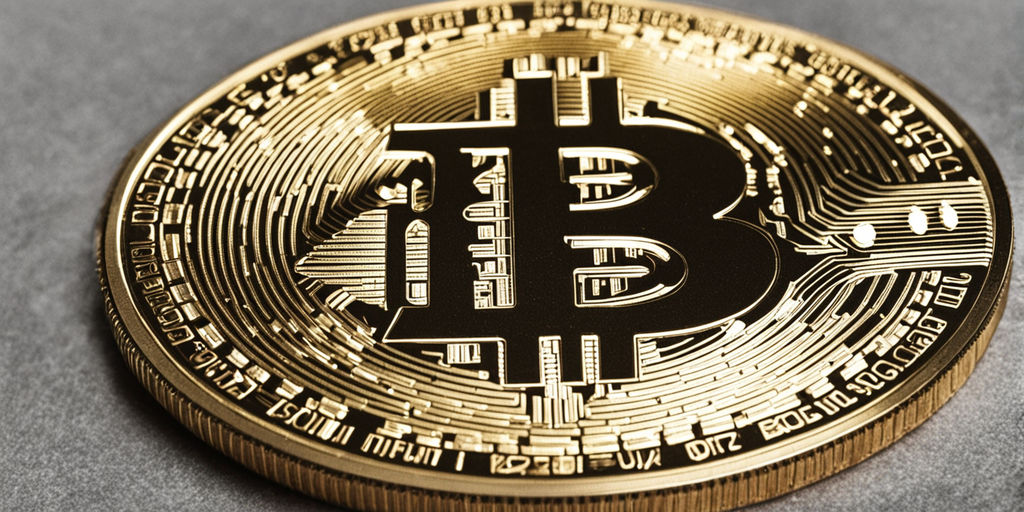
If you’re interested in using Bitcoin in Singapore, there are a few things you need to know. In this section, we’ll cover how to buy Bitcoin in Singapore and how to store it safely.
How to Buy Bitcoin in Singapore
There are several ways to buy Bitcoin in Singapore. The most popular way is to use a cryptocurrency exchange. Some of the most popular exchanges in Singapore include Coinhako, Binance, and Gemini. Before you start using an exchange, you’ll need to create an account and verify your identity.
Once you’ve created an account and verified your identity, you can start buying Bitcoin. You’ll need to link a payment method to your account, such as a bank account or credit card. Once you’ve linked your payment method, you can place an order to buy Bitcoin. The Bitcoin will be deposited into your exchange account, where you can hold it or transfer it to your own wallet.
Storing Bitcoin Safely
When it comes to storing Bitcoin, there are several options. You can store it on an exchange, but this is generally not recommended as exchanges have been hacked in the past. Instead, it’s recommended that you store your Bitcoin in a cryptocurrency wallet.
There are several types of cryptocurrency wallets, including hardware wallets, software wallets, and custodian wallet services. Hardware wallets are the most secure option, as they store your Bitcoin offline. Some popular hardware wallets include Ledger and Trezor.
Software wallets are another option, and they can be downloaded onto your computer or mobile device. Some popular software wallets include Electrum and Exodus.
Custodian wallet services are another option, and they are provided by companies such as Coinbase and Gemini. These services store your Bitcoin for you, but they charge a fee for their services.
In summary, buying and storing Bitcoin in Singapore is relatively straightforward. By following the steps outlined above, you can start using Bitcoin in no time.
Public Perception and Acceptance

Bitcoin in the General Public
Bitcoin has gained significant popularity in Singapore, with many people showing interest in this cryptocurrency. The general public in Singapore is becoming more aware of Bitcoin, and its use is growing. People are starting to see Bitcoin as a viable investment option, and many are investing in it.
The Singapore government has taken a permissive approach to Bitcoin, which has helped to increase public acceptance of the cryptocurrency. The government has recognised Bitcoin as a digital asset, and its use is legal in Singapore. This has helped to create a positive perception of Bitcoin in the eyes of the general public.
Marketing and Advertising Bitcoin
Marketing and advertising Bitcoin in Singapore is allowed, but there are guidelines that must be followed. The Monetary Authority of Singapore (MAS) has issued guidelines that state that Digital Payment Token (DPT) service providers should not promote their DPT services to the general public in Singapore. This means that marketing and advertising Bitcoin to the general public is prohibited.
However, marketing and advertising Bitcoin to accredited investors and institutional investors is allowed. This has helped to create a positive perception of Bitcoin in the eyes of these investors. As a result, Bitcoin is becoming more widely accepted in Singapore as a legitimate investment option.
Overall, the public perception and acceptance of Bitcoin in Singapore is positive. The permissive approach taken by the government and the guidelines issued by the MAS have helped to create a positive perception of Bitcoin in the eyes of the general public. While marketing and advertising Bitcoin to the general public is prohibited, marketing and advertising to accredited and institutional investors is allowed, which has helped to increase acceptance of Bitcoin as a legitimate investment option.
Frequently Asked Questions
What’s the latest scoop on cryptocurrency regulations by the Monetary Authority of Singapore (MAS)?
The Monetary Authority of Singapore (MAS) has taken a progressive approach to Bitcoin and cryptocurrency. While Bitcoin and cryptocurrencies are not legal tender in Singapore, MAS has not regulated them as of the moment. However, parties that carry on business activities in relation to such cryptocurrencies would have to ensure compliance with the applicable laws.
Can you believe that we’re totally allowed to buy Bitcoin in Singapore? How does one get started?
Yes, it’s true! Buying Bitcoin in Singapore is legal and relatively easy. You can start by opening an account with a cryptocurrency exchange such as Coinhako or Binance SG. You will need to complete a verification process to comply with anti-money laundering regulations. Once your account is verified, you can fund your account and start buying Bitcoin.
Is it true that we can now legally sell Bitcoin right here in Singapore?
Yes, it is legal to sell Bitcoin in Singapore. You can sell Bitcoin on a cryptocurrency exchange or peer-to-peer platform such as LocalBitcoins. However, you will need to comply with the applicable laws and regulations, including anti-money laundering regulations.
Are Singaporeans still able to use Binance for their crypto transactions?
Yes, Singaporeans are still able to use Binance for their crypto transactions. Binance has obtained a license from MAS to operate in Singapore as a regulated provider of digital payment token services.
What’s the word on the street about crypto mining in Singapore? Legal or not?
Crypto mining is legal in Singapore, but it is not a common practice due to the high cost of electricity. Singapore’s electricity rates are among the highest in the world, making it difficult for miners to make a profit. However, if you are interested in mining, you can join a mining pool or purchase cloud mining contracts.
Is it possible to accept Bitcoin as payment for my business in Singapore? How thrilling is that?
Yes, it is possible to accept Bitcoin as payment for your business in Singapore. However, you will need to comply with the applicable laws and regulations, including anti-money laundering regulations. You can use a payment processor such as CoinPayments or BitPay to accept Bitcoin payments. Accepting Bitcoin can be thrilling as it opens up new opportunities for your business and provides an alternative payment method for your customers.
That’s it for our Frequently Asked Questions on Bitcoin legalization in Singapore. We hope this has been helpful!

